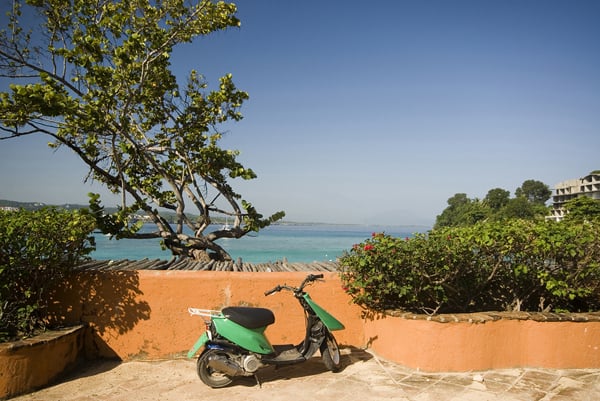
If you’re planning to enroll in the public healthcare system in the Dominican Republic, this article covers the requirements for foreigners to be able enroll in the public healthcare system, the steps involved and more.
The Dominican Republic, located in the Caribbean, is a popular destination for expatriates and tourists alike. One of the key aspects to consider when moving to a new country is the healthcare system. This article will provide an overview of the public healthcare system in the Dominican Republic and guide you through the process of enrolling in it as an international newcomer.
Overview of the Public Healthcare System in the Dominican Republic
The public healthcare system in the Dominican Republic is known as the Sistema Dominicano de Seguridad Social (SDSS). The SDSS is a universal system, meaning it is intended to provide coverage for all residents, including foreigners who meet certain requirements. However, it is not mandatory for all residents to enroll in the SDSS.
While the SDSS aims to provide comprehensive healthcare services, the quality of care can vary. Public hospitals and clinics, particularly in rural areas, often face challenges such as overcrowding, outdated equipment, and shortages of medications. In contrast, private healthcare facilities, especially in urban areas and tourist destinations, tend to offer higher-quality care, albeit at a higher cost.
Most Dominicans use the public healthcare system, but many also have private health insurance to supplement their coverage. For foreigners, it is common to rely on private health insurance, either from a Dominican provider or an international one.
Enrolling in the Public Healthcare System as a Foreigner
Foreigners are eligible to enroll in the SDSS if they are legal residents of the Dominican Republic. This means you must have a residency visa or permit. Tourists and temporary visitors are not eligible for the SDSS and should ensure they have adequate travel or health insurance for the duration of their stay.
Here are the steps to enroll in the SDSS:
- Obtain legal residency: Before you can enroll in the SDSS, you must first obtain legal residency in the Dominican Republic. This typically involves applying for a residency visa at a Dominican consulate in your home country, then applying for a residency permit once you are in the Dominican Republic.
- Register with the SDSS: Once you have legal residency, you can register with the SDSS. This involves filling out an application form and providing documentation such as your residency permit, passport, and proof of address.
- Pay contributions: The SDSS is funded by contributions from employers, employees, and the state. As a self-employed person or retiree, you will need to pay your own contributions. The amount is based on your income.
- Receive your health insurance card: Once your application is approved and your contributions are paid, you will receive a health insurance card. This card is used to access healthcare services under the SDSS.
Alternative Options for Healthcare Coverage
If you prefer not to rely solely on the public healthcare system, or if you are not eligible for the SDSS, there are several alternatives for healthcare coverage in the Dominican Republic:
- Private health insurance: Many companies in the Dominican Republic offer private health insurance plans. These plans often provide coverage for a wider range of services and treatments than the SDSS, and they can be used at private healthcare facilities.
- International health insurance: If you frequently travel or live part-time in another country, you may want to consider international health insurance. These plans provide coverage in multiple countries and can be tailored to your specific needs.
- Out-of-pocket payments: If you do not have health insurance, you can pay for healthcare services out-of-pocket. However, this can be expensive, especially for major procedures or treatments.
Regardless of the type of healthcare coverage you choose, it’s important to understand what is covered and what is not. Always read the terms and conditions of your insurance policy carefully, and don’t hesitate to ask questions if anything is unclear.


